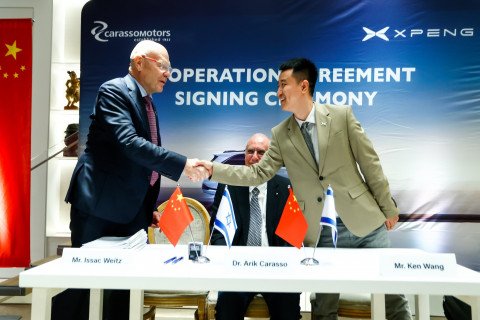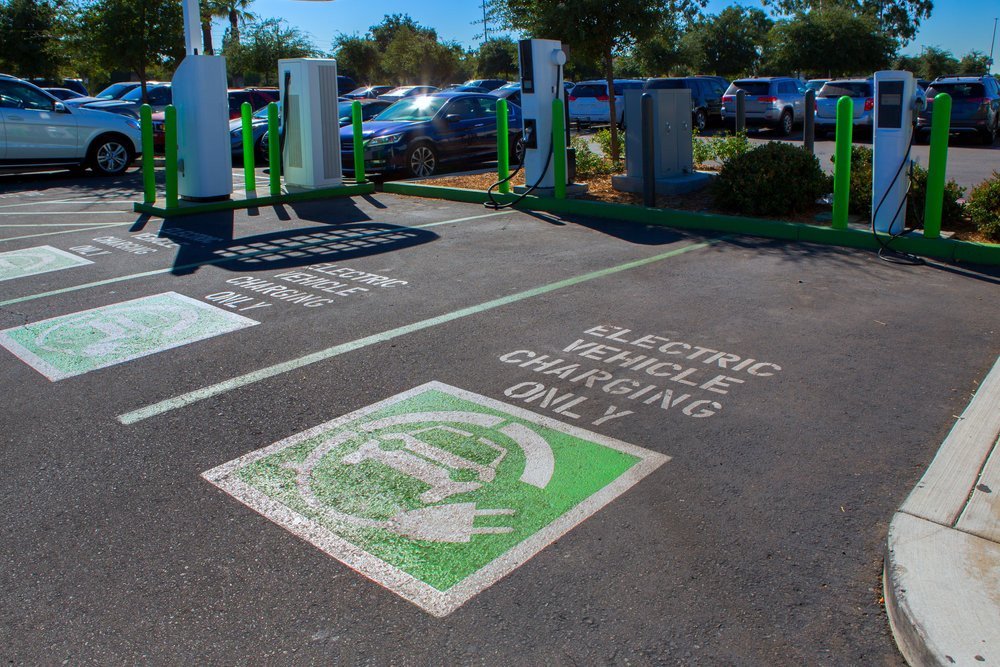UAE's National Electric Vehicles Policy targets 50pc EVs on road by 2050
The United Arab Emirates (UAE) government has recently revised its National Electric Vehicles Policy to fast-track the nation's adoption of electric mobility and establish the required supporting ecosystem for the aspired EV transition.
The policy aims to foster collaboration with federal and local partners including the private sector, in order to establish a national network of EV chargers throughout the UAE. The network will cater to the needs of electric vehicle owners, while also regulating the EV market in the country.
RELATED: UAE national hydrogen strategy aims 15 million tonnes of green H2 by 2050
The government has set a target of establishing 914 AC and DC charging stations for electric vehicles by the end of this year. A centralized database of charging stations is envisaged to streamline the charging process and enhance the convenience of the EV users.
Further, an electrified GCC (Gulf Cooperation Council) corridor has been proposed, which will include fast charging stations on the highways between Saudi Arabia and Oman.
"The policy will create a conducive environment for green mobility through regulating the local market and creating balanced economic, environmental, and social incentives that promote the use of electric vehicles and increase their sale", said Suhail bin Mohammed Al Mazrouei, Minister of Energy and Infrastructure, as reported by Gulf Business.
He has further said that the national EV policy will help the UAE achieve its objectives of reducing energy consumption by 40 percent and carbon emissions by 10 million tonnes in the transport sector by 2050.
The policy targets to increase the share of electric vehicles to 50 percent of total vehicles on the country roads by 2050. This includes an electric car penetration of 50 percent in the total passenger car parc.
RELATED: Global Progress in 'Green' transition: Middle-East, North Africa (MENA)
Moreover, a target of 10 percent PHEV and 40 percent hybrid penetration by 2030 has been set in the truck segment. By 2027, the Road and Transport Authority in Dubai aims to achieve 100 percent transition to hybrid, electric, and hydrogen vehicles in the commercial taxi segment.
It is to be noted that in May 2023, the Ministry of Energy and Infrastructure launched its flagship project 'Global EV Market' to turn the UAE into a global market for electric vehicles. The project supports the shift to green mobility and aims to increase the share of EVs to 50 per cent of total vehicles on the UAE's roads by 2050.





















